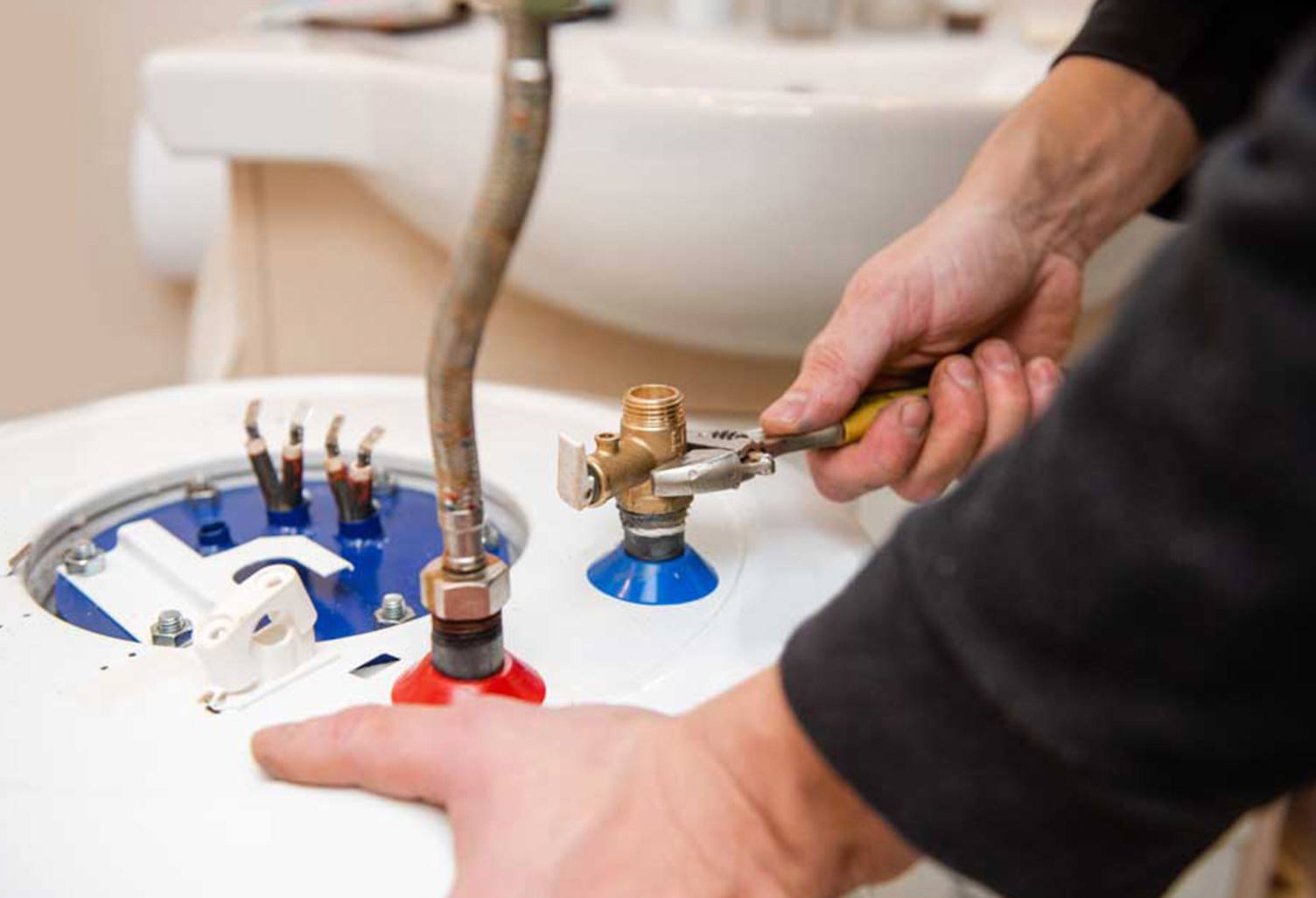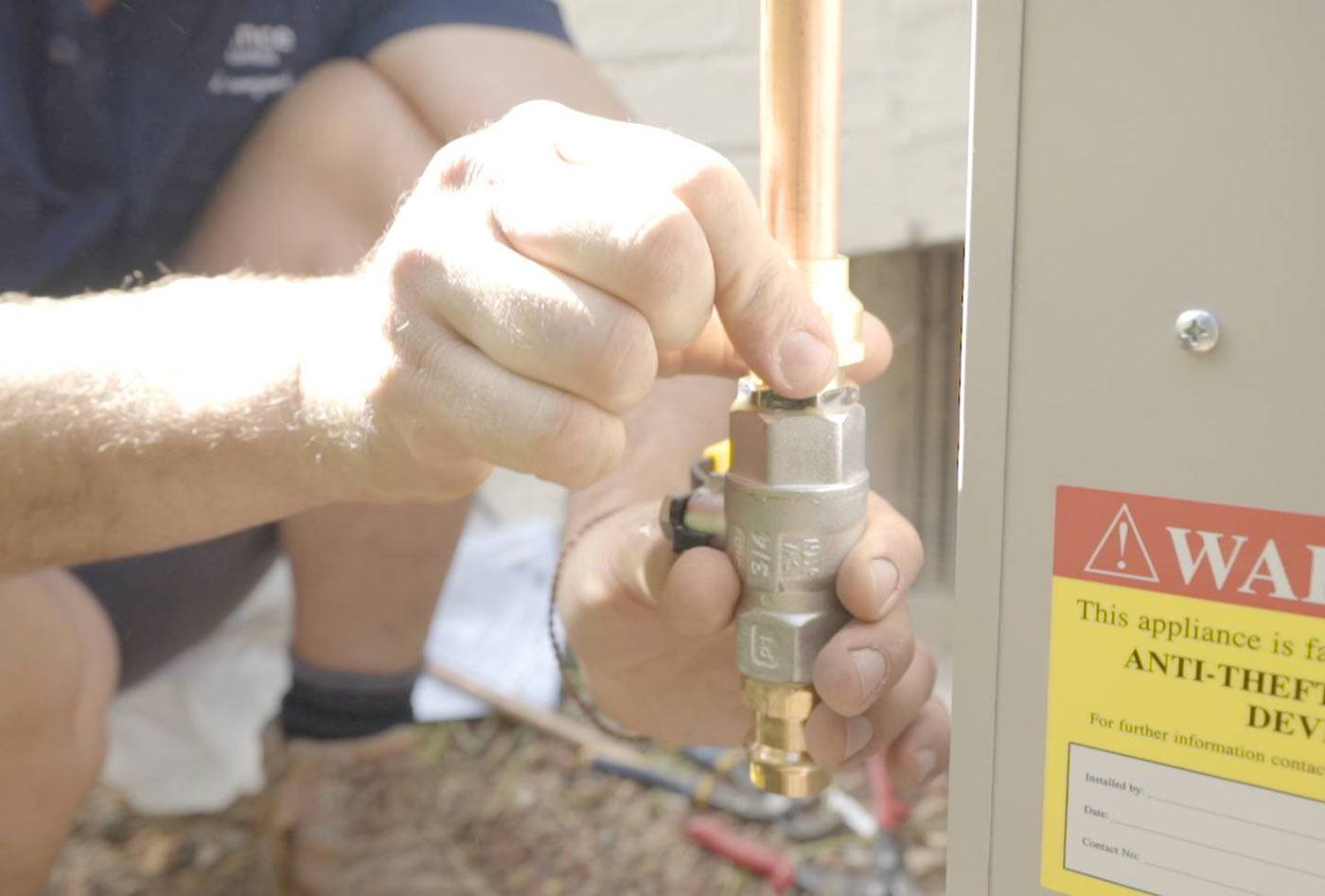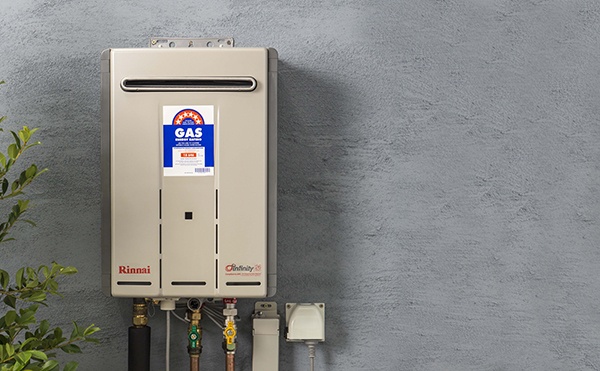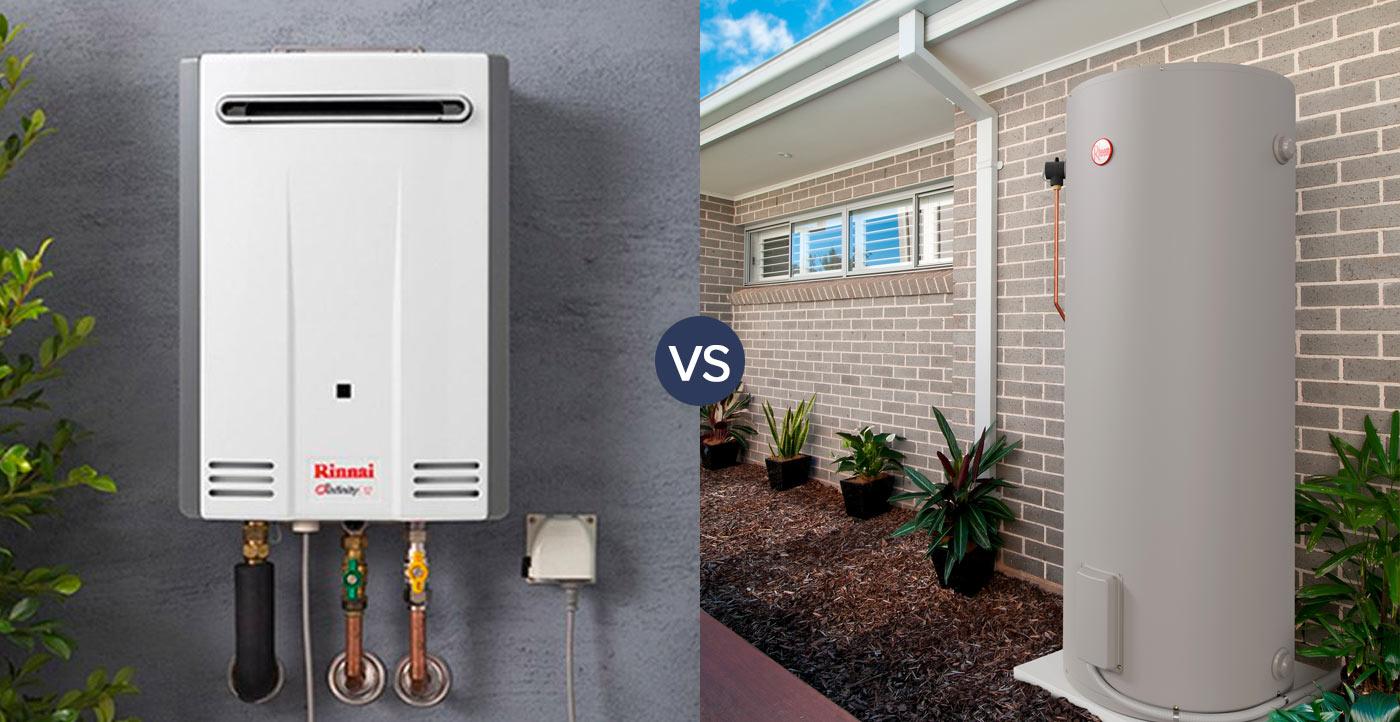
Your hot water system works tirelessly day and night to give your home its daily supply of nice, warm water. By using it day after day, you may end up taking it for granted and forgetting that your heater, like your air conditioner, needs to be maintained to ensure it’s up and running for years to come.
Unless you have any technical experience with these appliances, however, you may miss out on signs that your heater is not working as well as it should. If these issues go unnoticed for too long, your heater may develop problems that could lead to some hefty repair bills.
While your heater doesn’t require frequent maintenance, you need to get it serviced from time to time to keep it operating optimally.
When should it be serviced?
When or how often you should get your water heater serviced depends on several factors, including the kind of water heater you’re using—gas, electric or solar-heated—the quality of the water, how often you use it, and the brand of the water heater.
If you live in an area with poor water quality, it’s recommended that you get your water heater serviced at least once in six months. Apart from that, you also need to consider the type of heater you have.
Electric storage heaters, gas storage heaters and solar pumps, for instance, need to be serviced at least once every three years.
Given that the recommended time between maintenance cycles will vary based on the manufacturer, always give your water heater manual a glance to understand exactly when your heater should be serviced.

What you need to know about servicing your heater
There’s a lot that goes into making sure that a water heater stays in excellent working condition. Here’s what this process generally entails.
Testing pressure relief valves
The pressure relief valve’s job is to release built-up pressure in your water heater’s tanks. If this valve fails, the pressure could cause the tank to explode.
Service technicians will start by powering down the heater and then closing the valve that supplies cold water to the tank. They will then perform a test on the valve by lifting the tab and seeing if any water leaks out.
If there’s no leak, the valve is considered to be in good shape and you won’t need a replacement.
Examining the anode rods
The anode rods are there to protect your water heater from corrosive materials in the water that could damage your water heater.
Depending on where you live, the water you get may be “hard water”, or in other words, water that contains too many minerals. It’s the anodes’ job to draw in these minerals and prevent corrosion.
As they perform their function, the anodes corrode themselves and due to this, they may need to be replaced if the corrosion is too extensive. This type of maintenance will usually be done for electric or solar-powered heaters.
Flushing out the tank
While the anodes do a good job at collecting corrosive material, they might not always capture all of them. Sometimes, sediment can settle at the bottom of the tank, causing various issues down the line.
Given that sediment can be difficult to detect, especially when your tank is full, it may go unnoticed. The good news is that technicians can take care of this easily by flushing the water from the tank continuously until all the sediment is removed.
Keep your water heater primed and ready
For many of us, living without hot water can be unbearable, but thanks to the trusty household water heater, you can have warm water whenever you want. As long as you keep your water heater in good shape, you can rely on it for many years to come.
To enjoy uninterrupted benefits, get your heater serviced by professionals. At Alliance Climate Control, our experienced technicians ensure that your unit is always at the top of its game!
Call us on 02 8061 5023 to get started.





